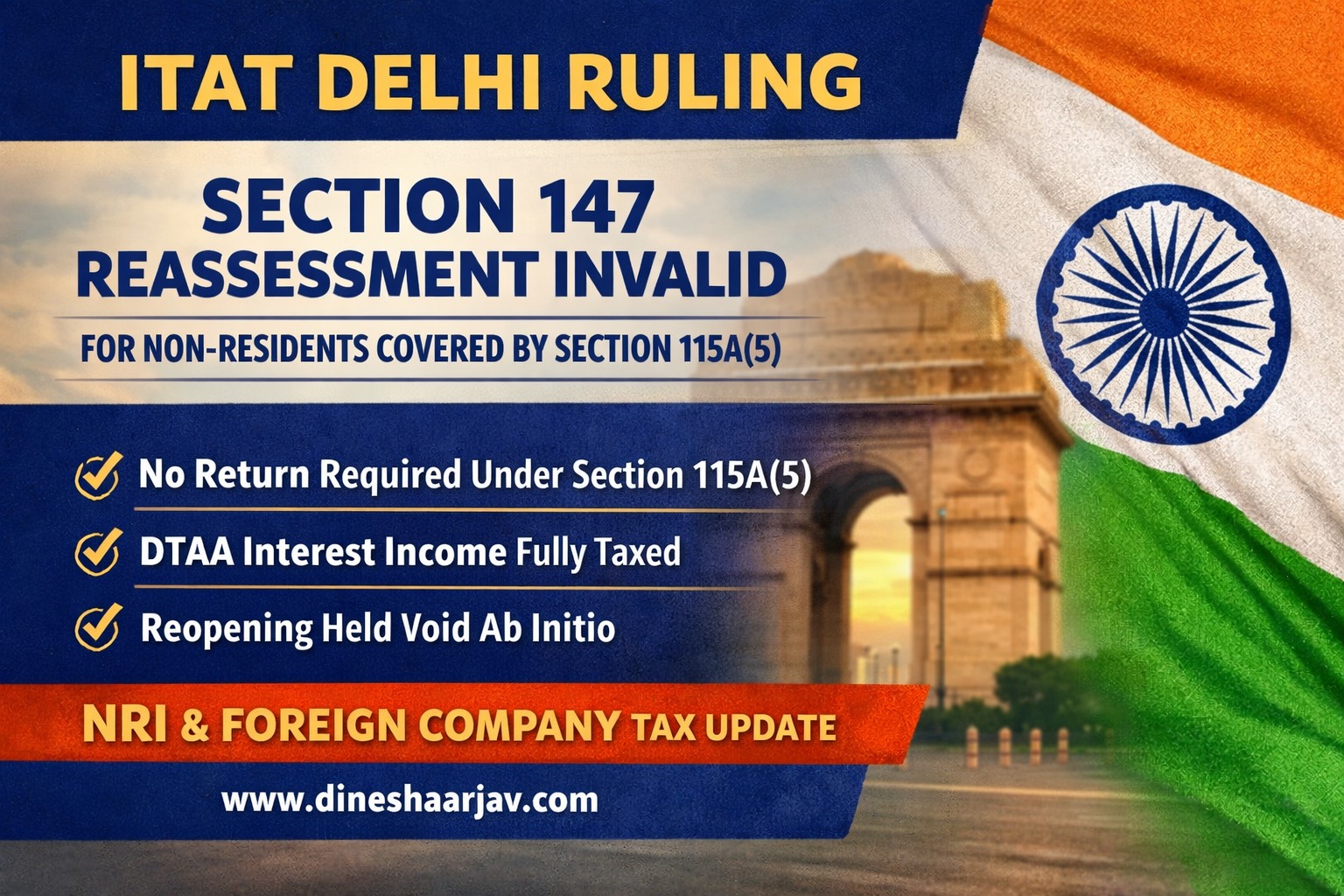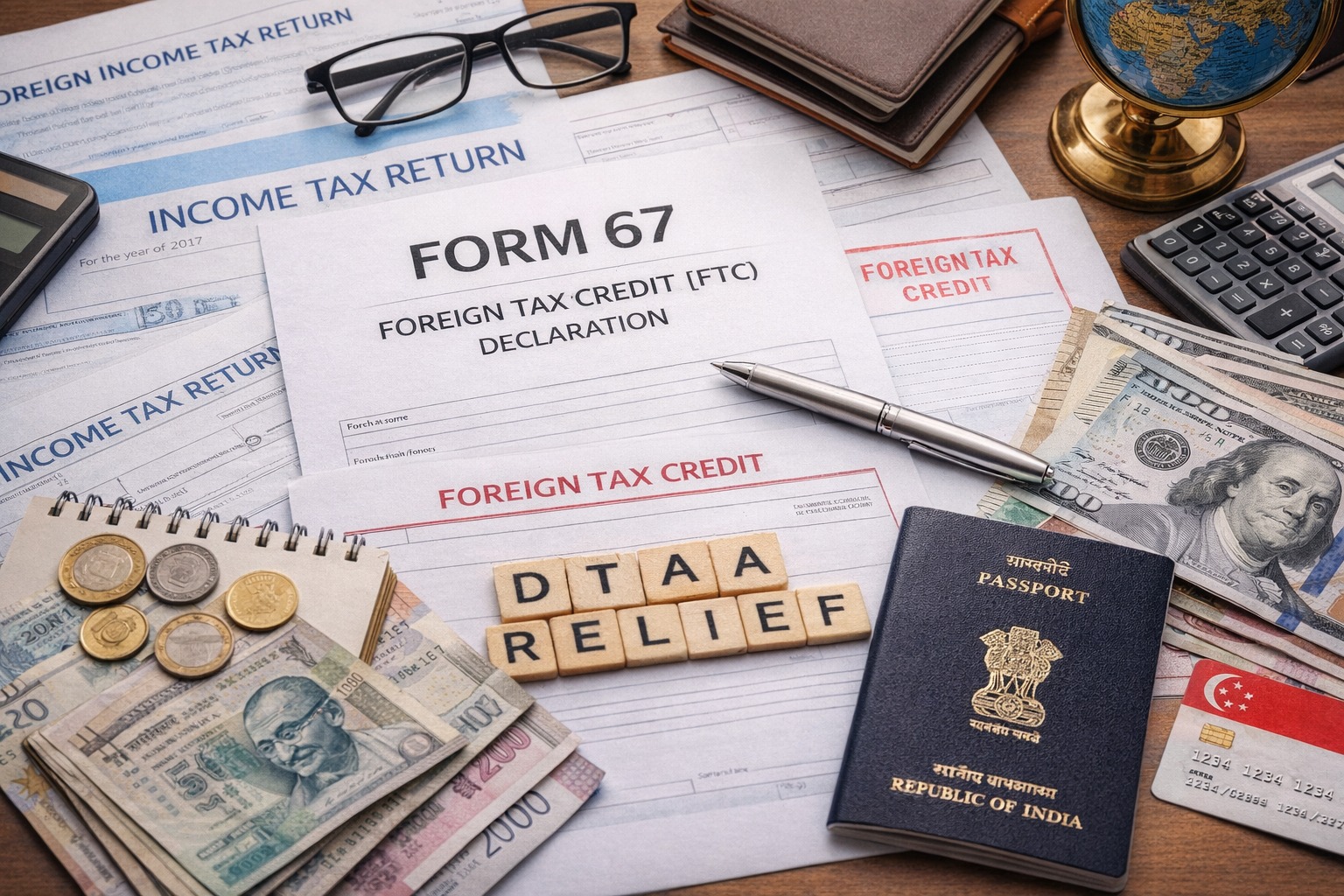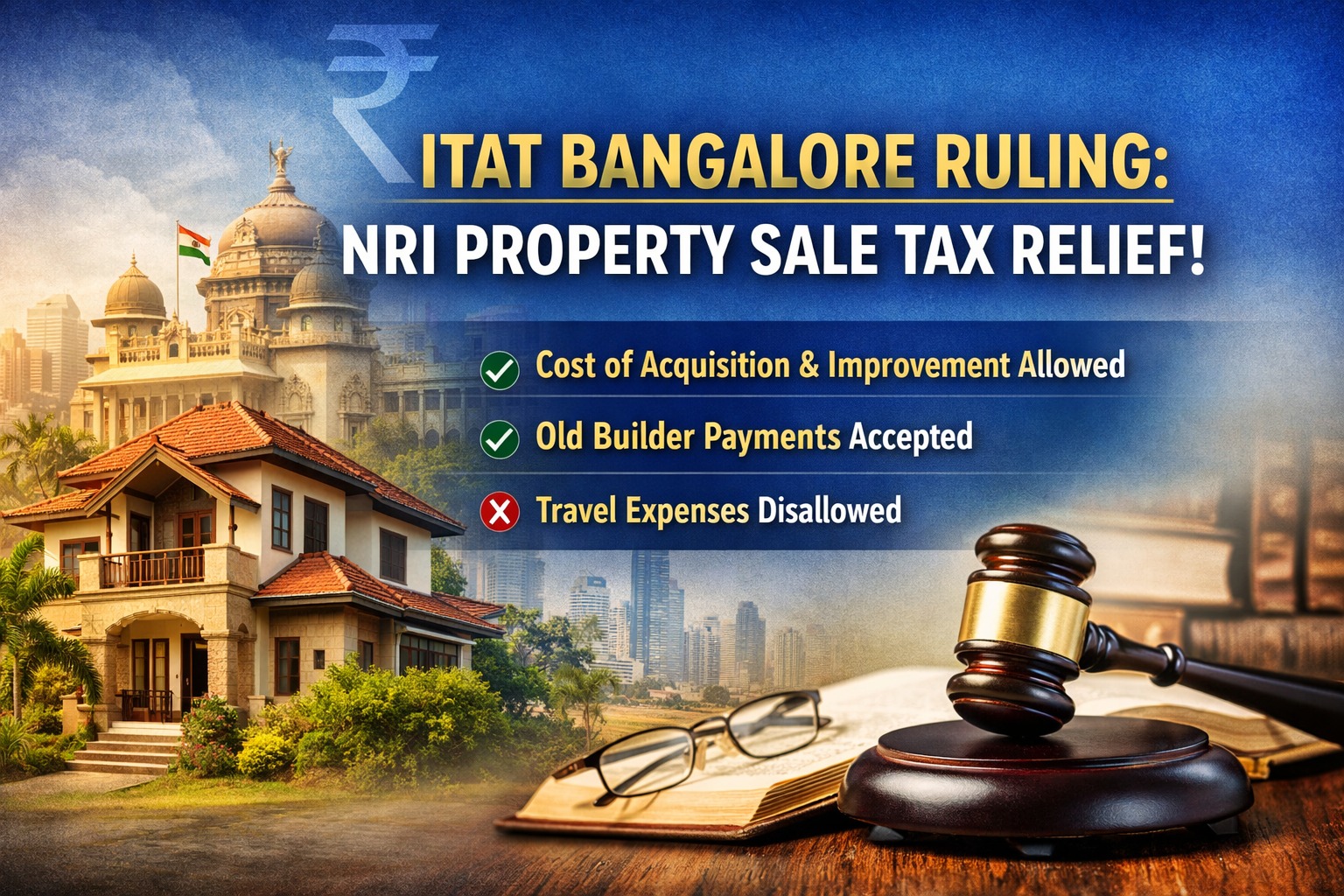 WhatsApp
WhatsApp
 Call Us
Call Us
 Email Us
Email Us
 Whatsapp Community
Whatsapp Community

Investing in Fixed Deposit Receipts (FDRs) is a common financial practice for many Indians, both resident and non-resident. However, circumstances may arise where an individual who invested in FDRs while residing in India later becomes a Non-Resident Indian (NRI) and finds themselves unable to travel back to India to claim their invested money. In such situations, navigating the process of reclaiming the funds from the bank can be daunting. Here, we at Dinesh Aarjav & Associates, Chartered Accountants, offer comprehensive assistance to NRIs in reclaiming their lost investments, providing guidance and support throughout the entire process.
Reclaiming lost FDR investments in India involves several necessary documents to facilitate the process. Below are the essential documents required:
A durable financial Power of Attorney grants authority to a trusted individual to act on behalf of the FDR holder in reclaiming the invested funds. This document must be attested by the Indian High Commission in the foreign country where the NRI resides. Additionally, it needs to be stamped by the Sub-Divisional Magistrate (SDM) of the specific state in India.
Know Your Customer (KYC) documents of the FDR holder, such as identity proof and address proof, must be self-attested in the presence of the Indian High Commission in the foreign country. This ensures authentication of the identity and residency status of the NRI.
An indemnity bond is a legal document wherein the FDR holder indemnifies the bank against any losses incurred due to releasing the invested funds to the authorized representative. This bond serves as a form of security for the bank.
Similar to the KYC documents of the FDR holder, the authorized representative (Power of Attorney holder) must also provide self-attested KYC documents. This includes identity proof and address proof to verify their authenticity.
At Dinesh Aarjav & Associates, we understand the complexities involved in reclaiming lost investments, especially for NRIs unable to physically be present in India. Our team of experienced Chartered Accountants specializes in facilitating the reclaiming process for our clients. Here's how we can assist:
Guidance and Consultation: We provide expert guidance and consultation regarding the necessary documents and legal procedures required for reclaiming lost FDR investments.
Document Preparation and Attestation: Our team assists in preparing and attesting the required documents, ensuring compliance with Indian regulations and standards.
Liaison with Authorities: We act as intermediaries between our clients and the Indian High Commission, Sub-Divisional Magistrate, and the bank, facilitating smooth communication and coordination throughout the process.
Legal Compliance: We ensure strict adherence to all legal and regulatory requirements, safeguarding our clients' interests and ensuring a seamless reclaiming process.
Reclaiming lost FDR investments in India can be a challenging process, especially for NRIs unable to travel back to the country. However, with the assistance of experienced professionals like Dinesh Aarjav & Associates, Chartered Accountants, the process becomes more manageable and efficient. Our comprehensive services aim to alleviate the burden on our clients, providing them with the support and expertise needed to reclaim their hard-earned investments successfully. If you find yourself in a similar situation, do not hesitate to reach out to us for assistance. We are here to help you navigate through the complexities and reclaim what rightfully belongs to you.






